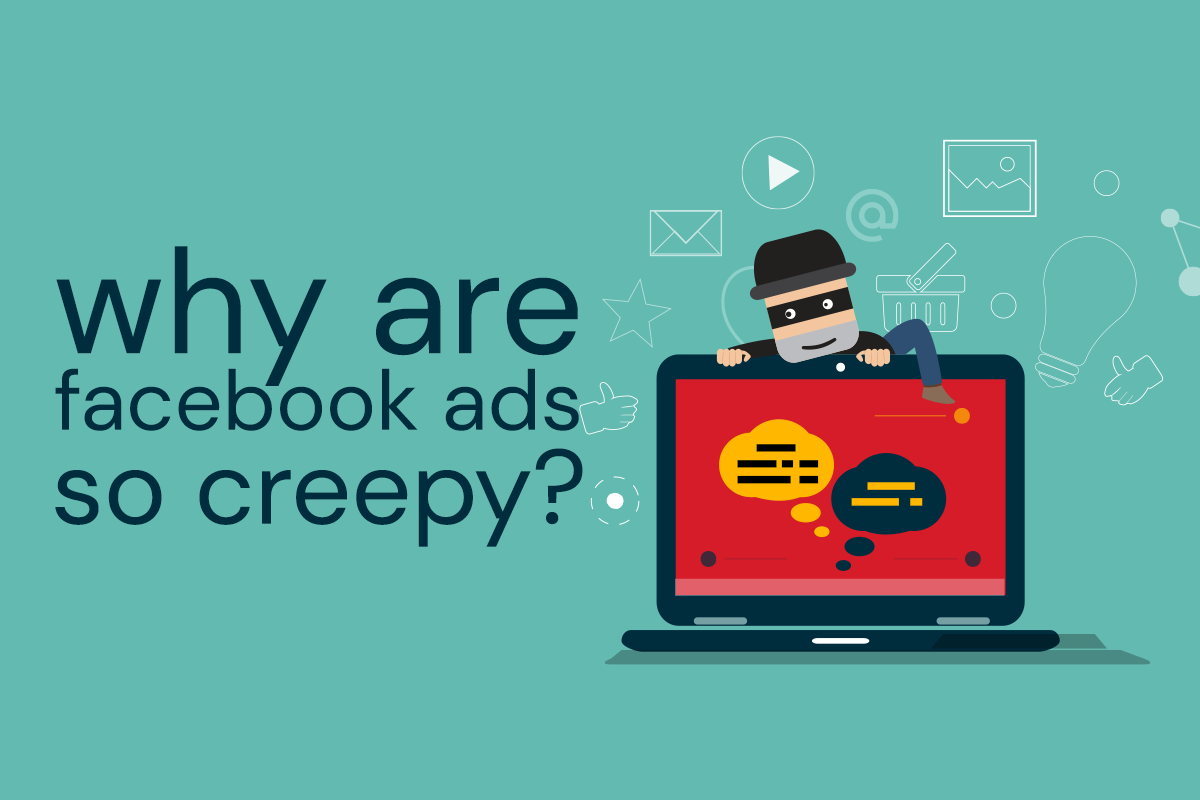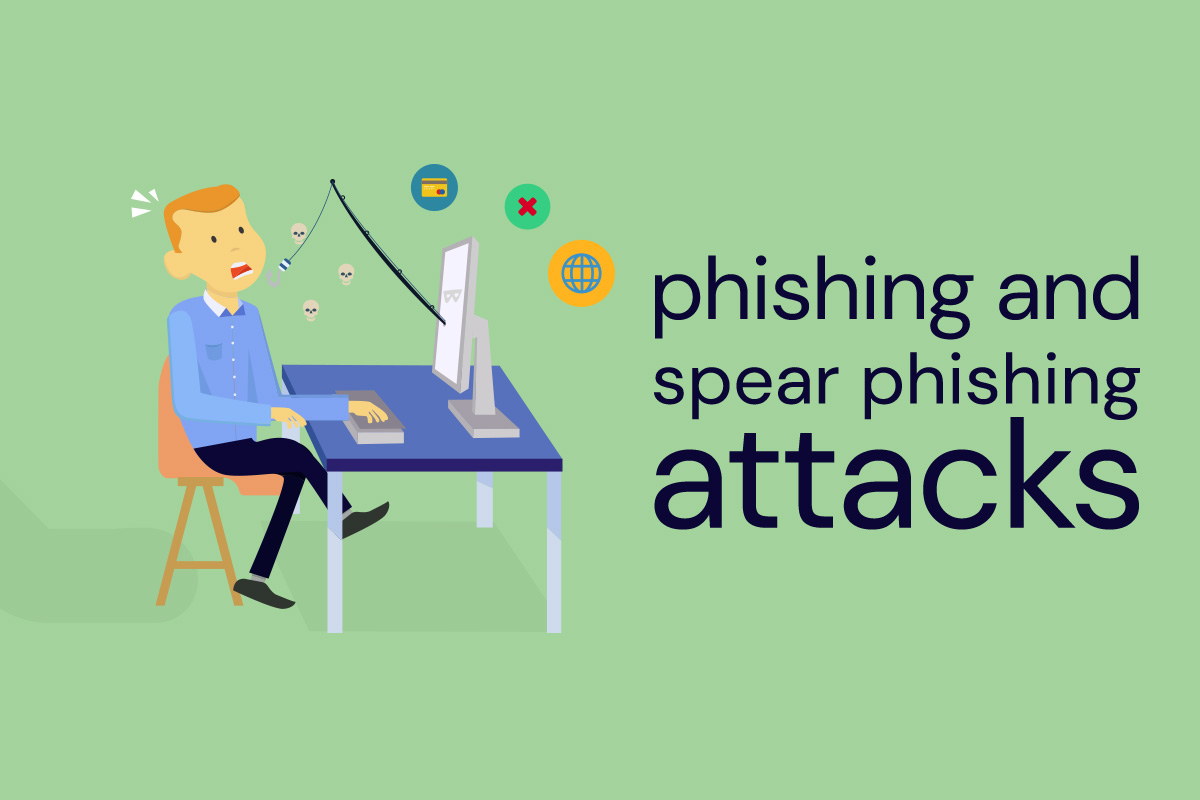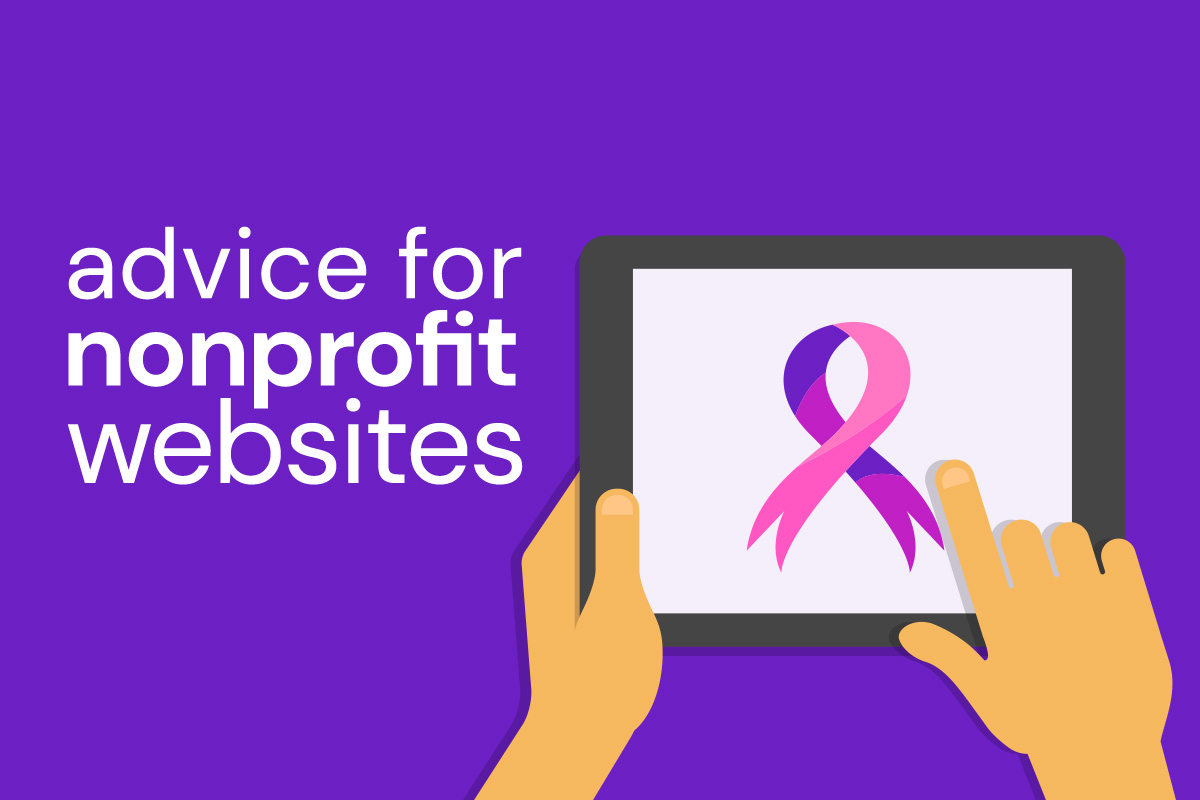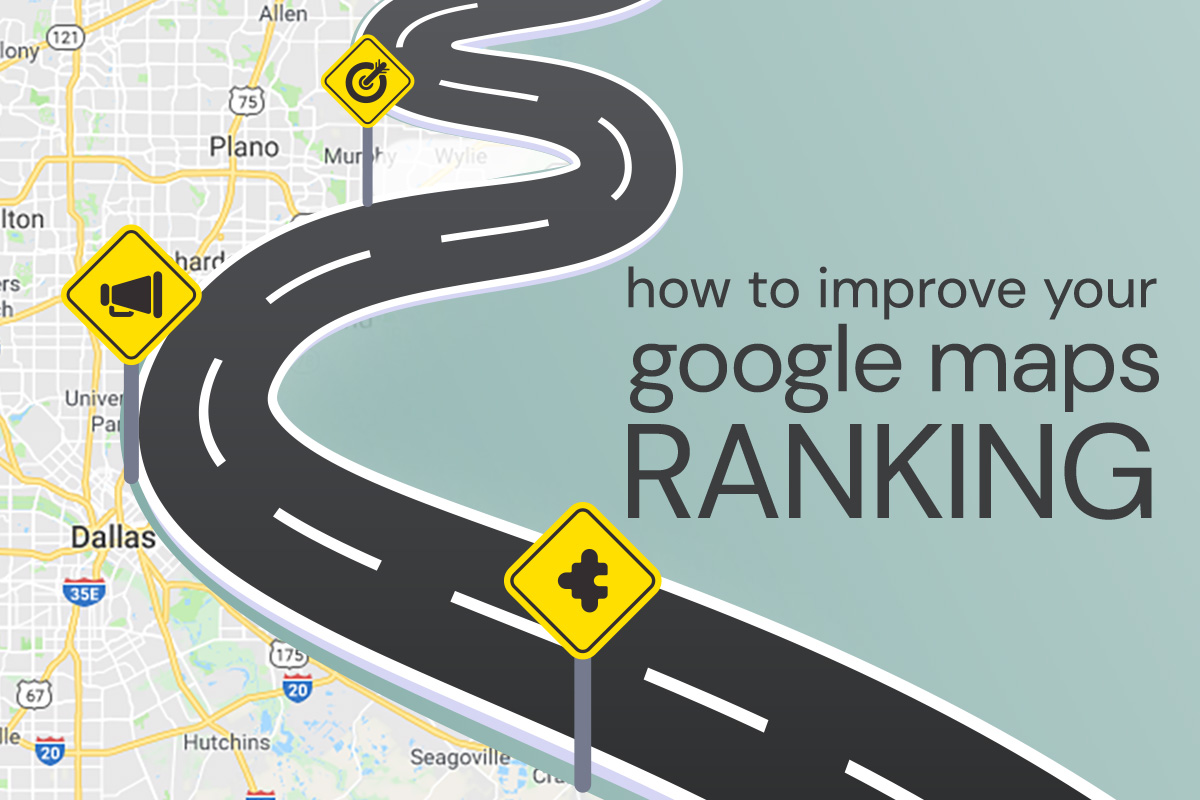Recently, I.T. Roadmap was having a meeting, and we discussed getting some shirts embroidered with a company logo. In addition to our personnel, there were four other items in the room: two smartphones, one laptop computer, and one Amazon Echo. I performed no internet searches on embroidery. I did not talk on the telephone about embroidery. I did not send any emails using the word embroidery. And yet, the next day, I was served an ad on Facebook with an excellent deal on custom embroidered shirts in Dallas. Odd, right? To some extent, most of us shrug this off as the price of modern-day conveniences. But should we be a little more alarmed?
We know that Facebook tracks
- Actions that you take on Facebook
- Actions that your friends take on Facebook
- Actions that you take online (using cookies), and
- Offline activities and demographic info that is shared by third party partners to Facebook.
The words “offline activities” could cover any of a multitude of sins. Many apps have location tracking permissions, and many have access to your camera and/or microphone. Facebook’s Messenger app certainly has been criticized by privacy advocates for its components that run in the background, and it does have access to your phone microphone.
As if eavesdropping weren’t creepy enough, more and more apps are using ultrasonic tones for consumer tracking. If an app has access to your smartphone’s microphone, it can listen to ultrasonic tones known as ‘beacons,’ which may be broadcasting from retail stores, television ads, and websites. Sometimes consumers do receive some benefits from these beacon operations—with reward programs, for example—but often they’re just collecting data while offering us nothing in return.
Bottom Line: Are Facebook and/or Google Listening?
So, are Facebook and/or Google listening to our conversations? We do know that our ISPs will soon be allowed to use all of our online activity to more precisely target ads to us, but Facebook and Google are already allowed to do pretty much whatever they want with our data after we opt into their policies. For those that argue that Facebook and Google have an unfair competitive advantage, we would argue that users willingly trade their privacy for the use of those companies’ services, and it’s much easier to opt out of use of Google or Facebook than it is to switch ISPs.
Rather unscientifically, we decided to do a little experiment and had a conversation in which we mentioned “Range Rovers” and various aspects of looking for a new car. The idea was that Range Rover would have great incentive to spend the money on custom marketing like this, so it was more likely to be shown as an ad than, say, “pipe cleaners” or “Nutella.” We performed no Google searches on Range Rovers, didn’t type the word Range Rover in an email, and we did not discuss Range Rovers on the phone. Again, this wasn’t particularly scientific—in retrospect we should have chosen a car more in line with our demographic profile—but no Range Rover ads were served to us in the following days. The BBC did a much better version of this experiment, and they challenged a developer to create a snooping app that could readily identify keywords spoken nearby.
For what it’s worth, Google and Facebook both deny doing this type of snooping. Google told the BBC that it does not use any “utterances” before a person speaks the wake words “OK Google” to activate voice recognition—not for advertising or any other purposes. Similarly, Facebook says it does not allow brands to target advertising using microphone data. And while the Google Play store’s official policy expressly forbids apps from collecting information without the user’s knowledge, we all know that it’s easy to miss such a point when agreeing to an app’s terms of service.
Frankly, Facebook and many other advertisers have collected enough demographic data to predict your behavior, in many cases. The famous case of the father who lashed out at Target for sending his teenage daughter baby coupons comes to mind. Target apologized, but later the father sheepishly called Target back, because apparently his daughter was pregnant after all. If a woman buys greater-than-average quantities of unscented lotion, vitamin supplements, and cotton balls, her “pregnancy score” goes up, and she may be targeted with maternity-related advertising.
One other phenomenon known as Baader-Meinhof might explain why advertising has become so uncanny. People so often ignore things in their environment until their attention is directed to one of those things—and then they notice it everywhere. If you take Baader-Meinhof into account, a creepy Facebook ad might just be a coincidence.
Whether or not you care if advertisers are able to use your microphone data to target ads, we always recommend reviewing your apps’ access to your microphone and camera and thinking twice before granting these permissions. If your Skype app wants to use your microphone, that makes sense. If a photo filter app wants to use your mike—that should set off an alarm bell. And if you’d like to go even further and be the change you want to see, Floodwatch is a fairly new project that helps track and categorize the ads users see while browsing. Ultimately, the goal is to increase your awareness of advertising practices and give researchers tools to uncover discriminatory or illegal uses of your data.
Currently, advertisers have the power to gather whatever information they want about you, mark you as a particular demographic, and tailor their marketing strategies to whatever demographic they’ve decided you are. This practice can quickly move from neutral to invasive to unlawful.
Questions about Facebook or any other ads? Or security in general? Contact us any time!






